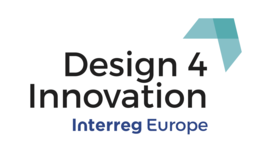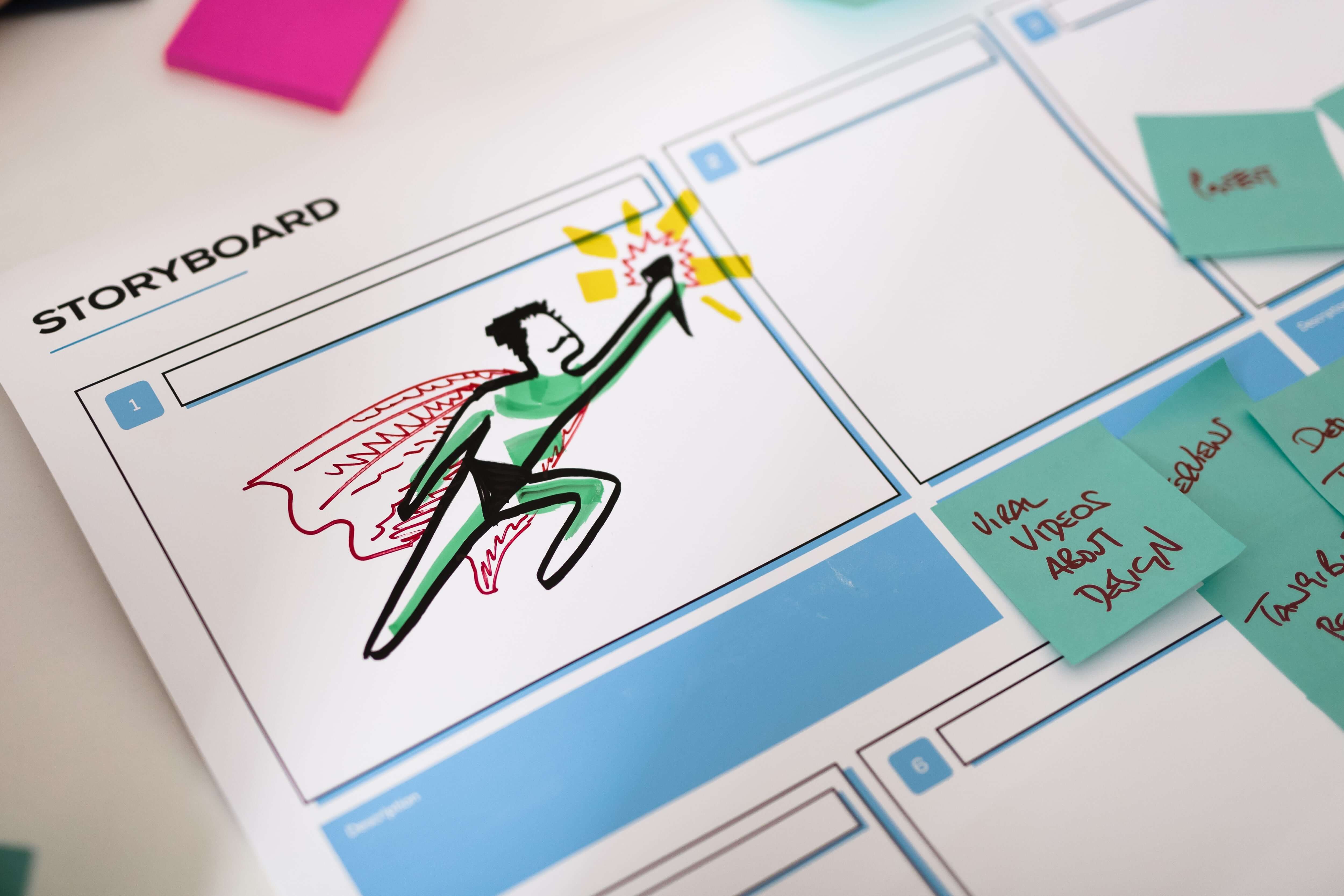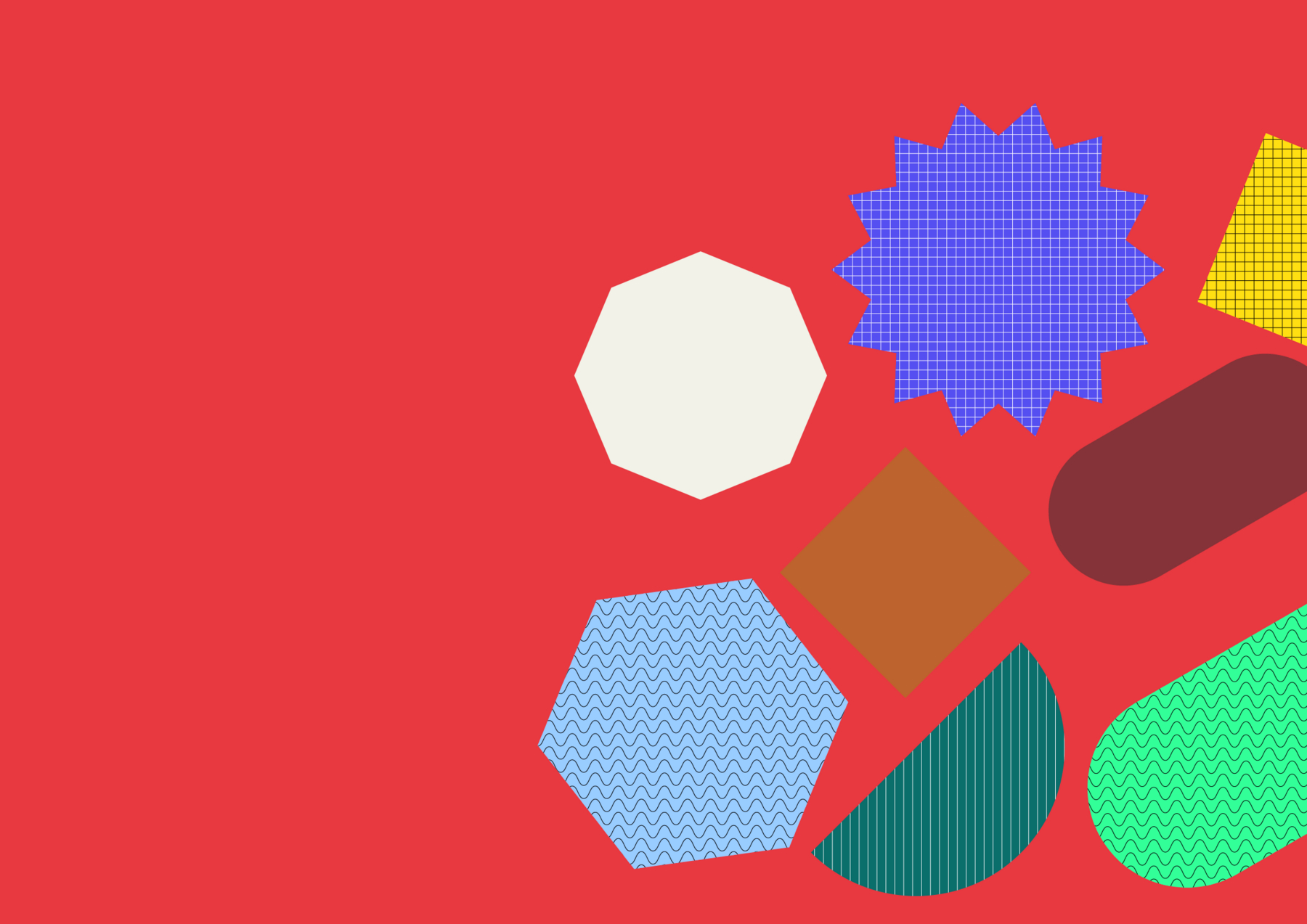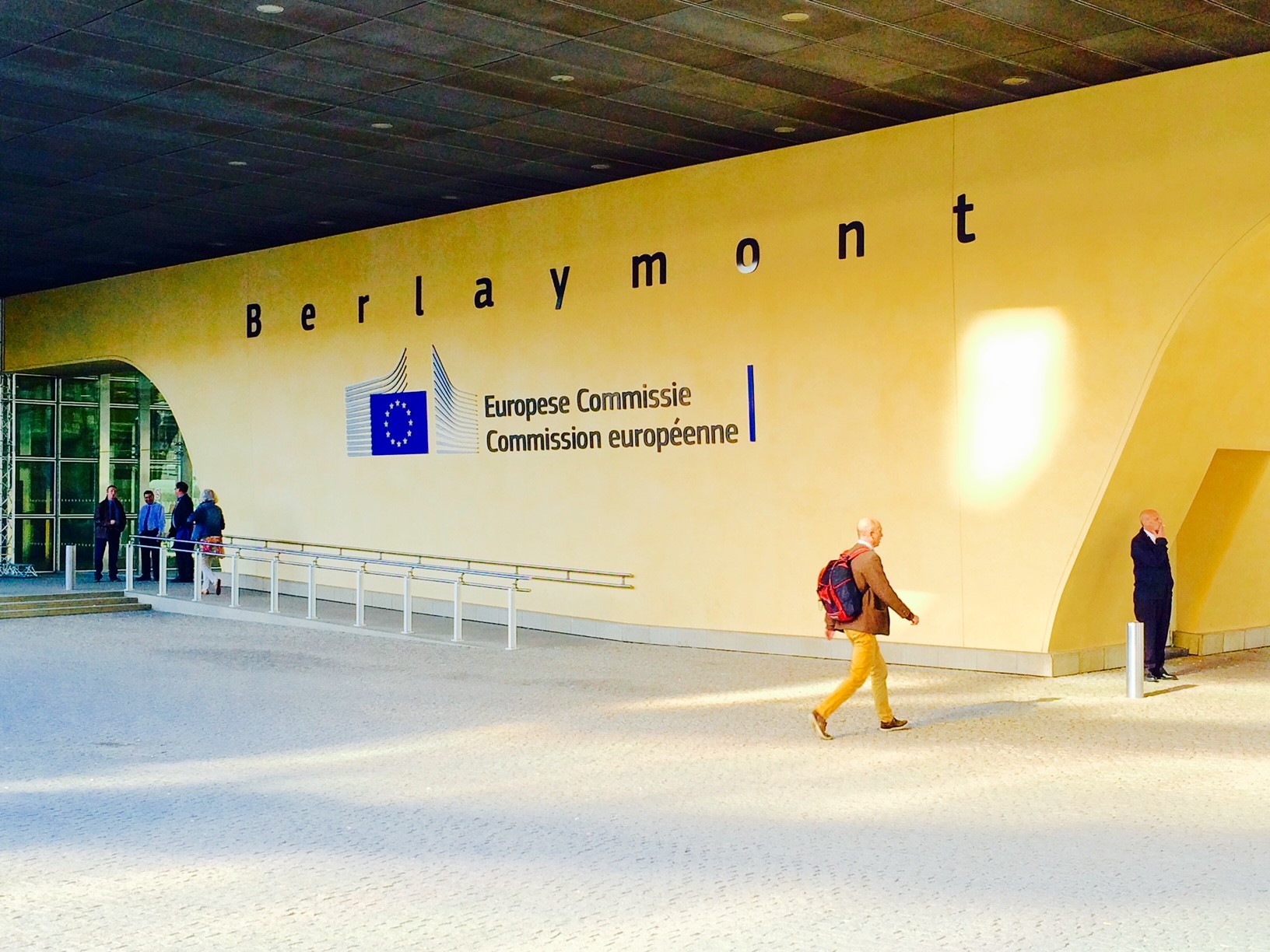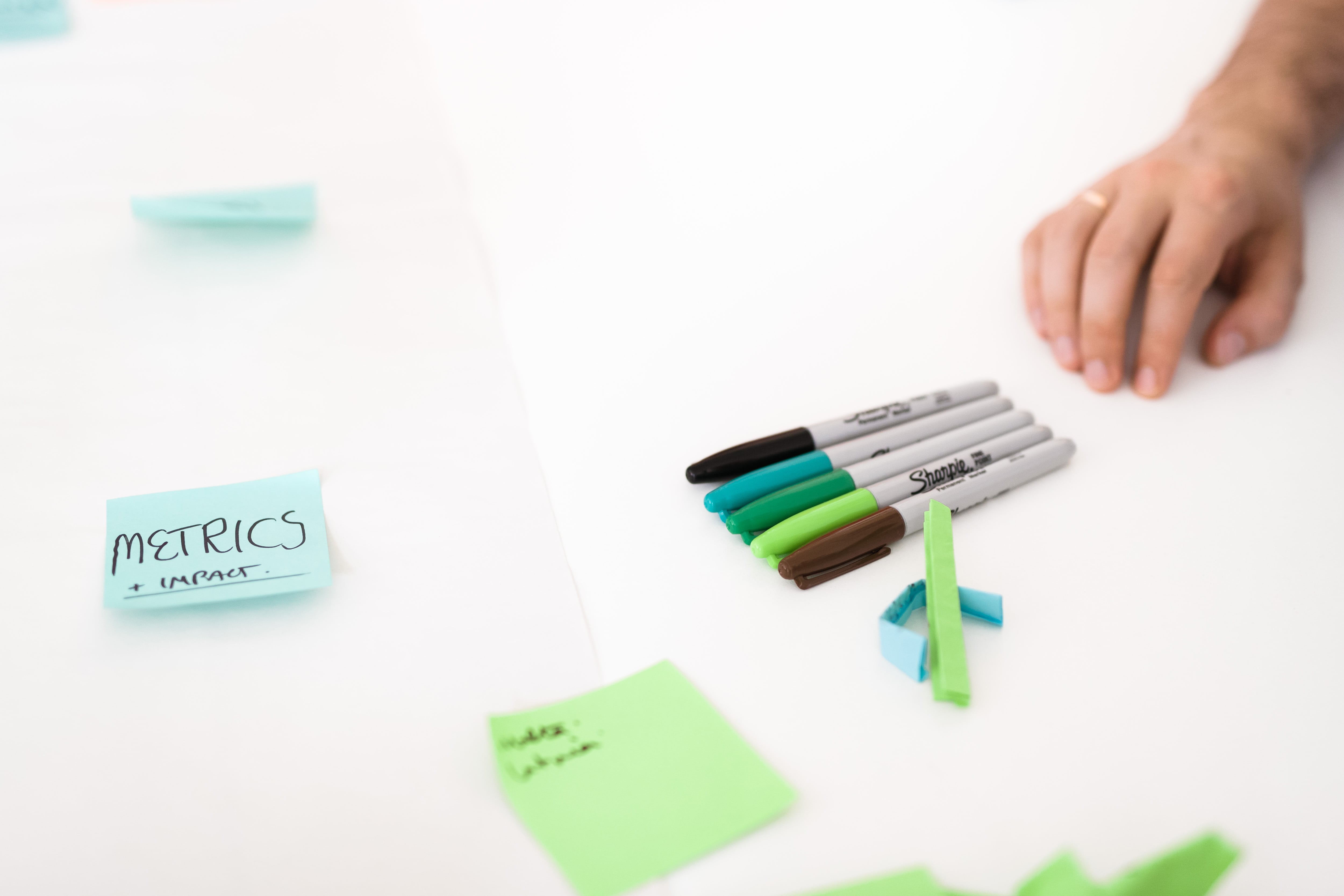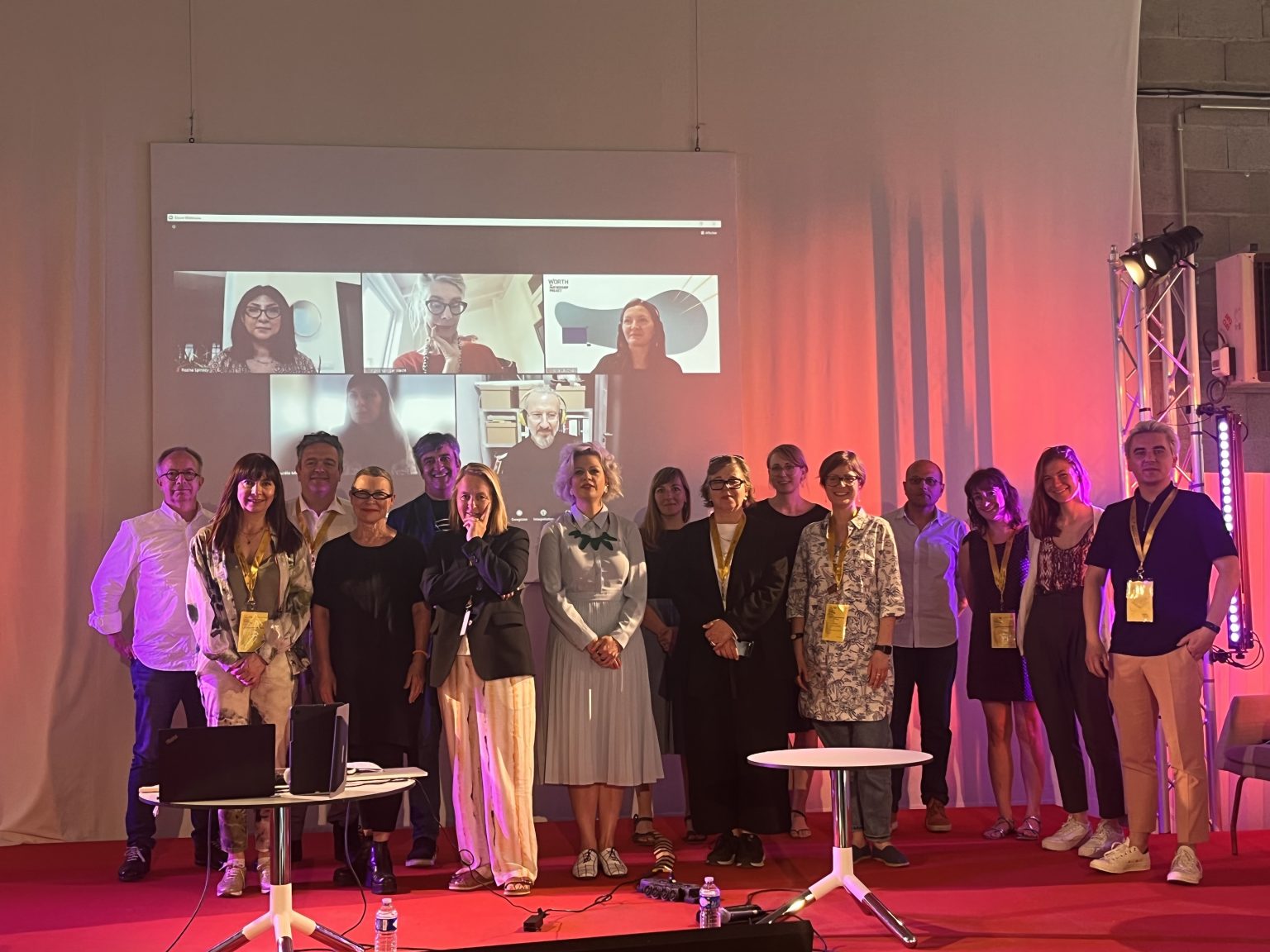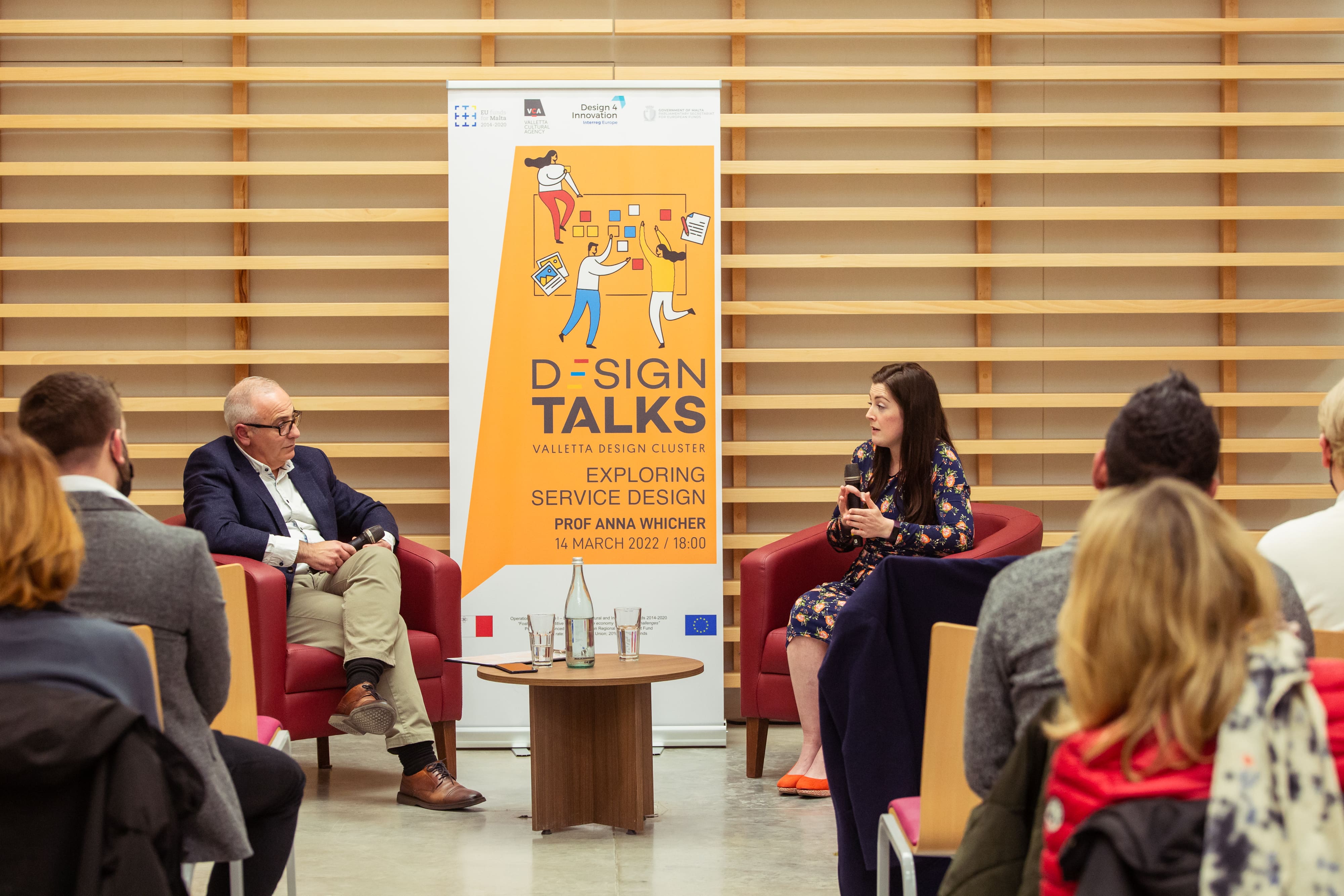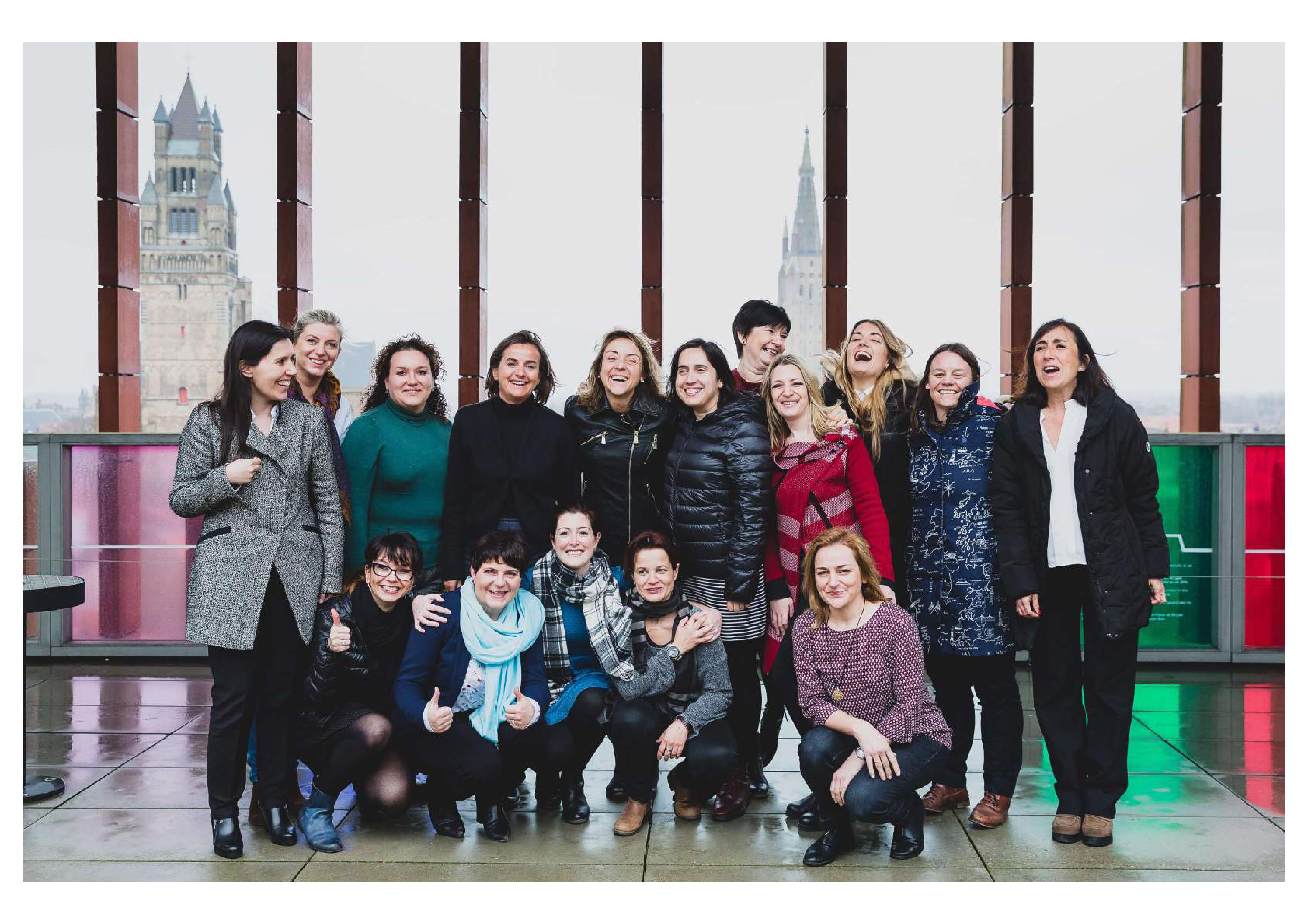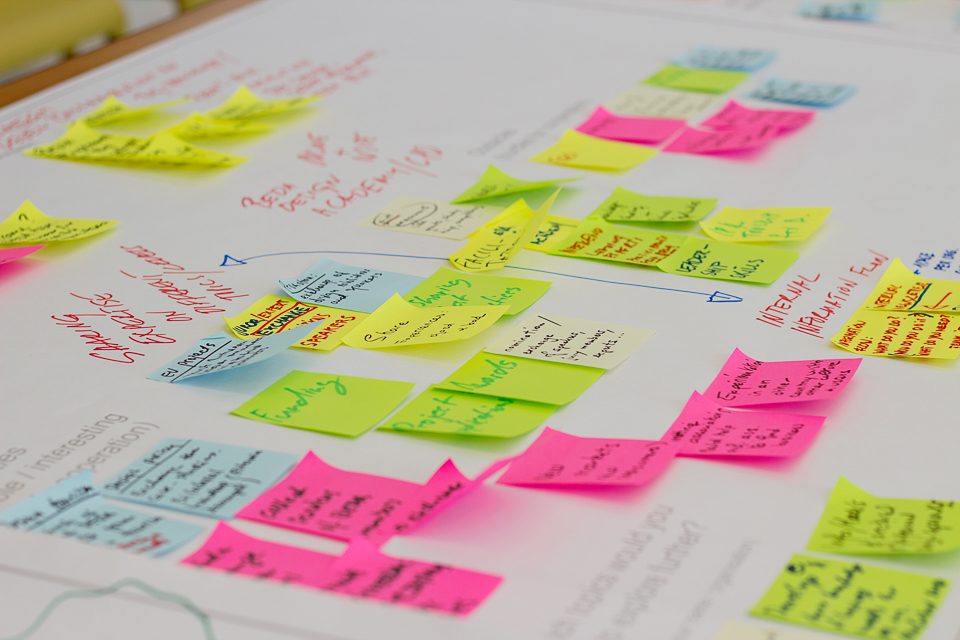Providing innovation support is, by all means, a service. Most often it is funded from the public purse as part of government effort to stimulate competitiveness, economic growth and job creation. Because of the public nature of the aid and various levels from which the support comes, support programmes are usually developed around strenuous funding requirements and can easily become very bureaucratic. Numerous rules for granting support and complex procedures for obtaining it and reporting on it, make the support offer impenetrable and may discourage entrepreneurs from applying in the first place.
In order to improve provision of innovation support, three partners from across Europe collaborated in a peer-learning project Destination UX. This Horizon2020-funded initiative looked at how to apply the service design approach to a development process of support programmes.
Service Design as a discipline emerged from a realisation that a service can be done more efficiently for an organisation and with a benefit for the user, when it is considered holistically as facilitating the user journey to a certain goal, bringing together all involved parties, resources and activities along the way. It is an interdisciplinary approach that combines different methods and tools from various disciplines, such as ethnography, psychology, consumer research, interaction design, product design, service marketing, corporate strategy and management.
Partners shared stories of how they used service design in their work and collated a list of tools that they found useful. Further to that, they piloted the process in their regions proposing improvements in their support offer.
You can find the project report in our Library.
